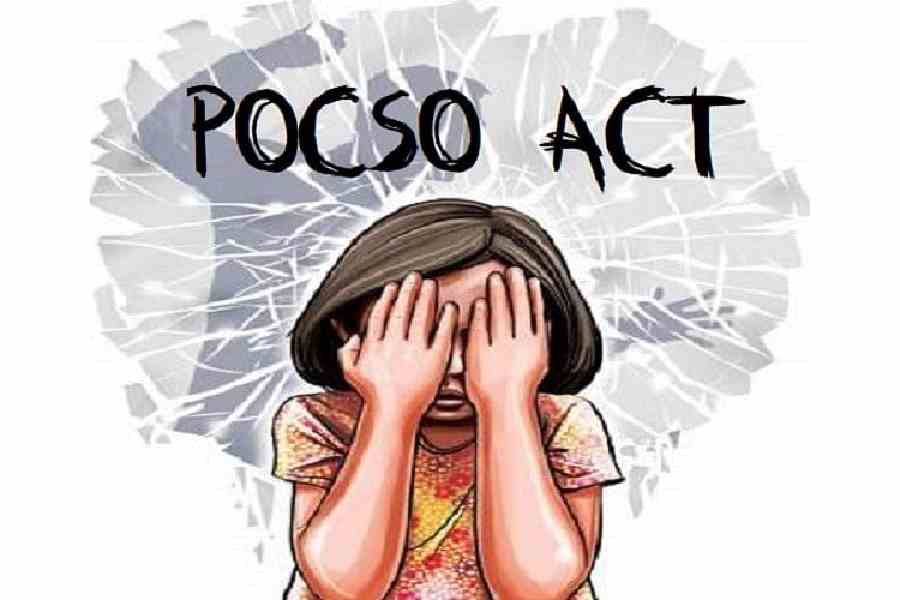Report abuse of children, schools to parents


Several schools said there was a need to engage with more parents in their attempt to ensure child safety in schools and outside.
Regular awareness sessions would encourage more reporting of sexual abuse, those working for child rights said, pointing out that there is a tendency to brush such abuse under the carpet.
Parents, too, keep such incidents under wraps at times, especially if relatives are involved.
“It is very important to start and keep the dialogue going. If there is more awareness, it will help remove taboos and encourage more reporting of sexual abuse,” said Ananya Chatterjee Chakraborti, advisor to the West Bengal Commission for Protection of Child Rights.
Earlier this month, La Martiniere for Girls handed a note on Pocso with the school report card to all parents.
“It is important that we do such an awareness for all stakeholders regularly. New parents also need to be made aware of the laws and the protections available,” said Rupkatha Sarkar, principal, La Martiniere for Girls.
The note says that reporting of abuse is mandatory and that the Pocso Act lists possible sexual offences against minors.
The note also states whom to contact for reporting, local police or child helpline.
It lists the responsibility of parents — “regularly speak” with the child, “listen for any instances of adult playing” with the child alone, monitor the child’s behaviour regularly.
“Some children keep quiet about being abused, so teach your child to be vocal and say ‘No’ or ask for help if there is any uncomfortable situation,” the note says.
It talks about the responsibility of teachers in reporting sexual abuse. “Encourage students to talk and report all cases that cause any form of discomfort, whether in school or outside,” it says.
Students should be taught about safe and unsafe touch, which is done in most schools.
Education about safe and unsafe touch starts as early as when a student is in kindergarten, but the way of disseminating information varies at different levels.
“While we continuously talk to children about good and bad touch, we also address them about understanding and respecting personal space,” said Tina Servaia, senior school principal, Calcutta International School.
“There could be children who are not comfortable with someone standing too close to them and there could be others who are not aware of it.... Addressing them in personal space would prevent children from inadvertently doing something,” said Servaia.
At Indus Valley World School, the Pocso committee had a meeting where parents brought up certain suggestions that the school intends to implement before the Diwali break.
“Parents want more awareness sessions for themselves. They said children are viewing inappropriate content and parents have to be made aware as to how to monitor such viewing,” said Amita Prasad, director, Indus Valley World School.